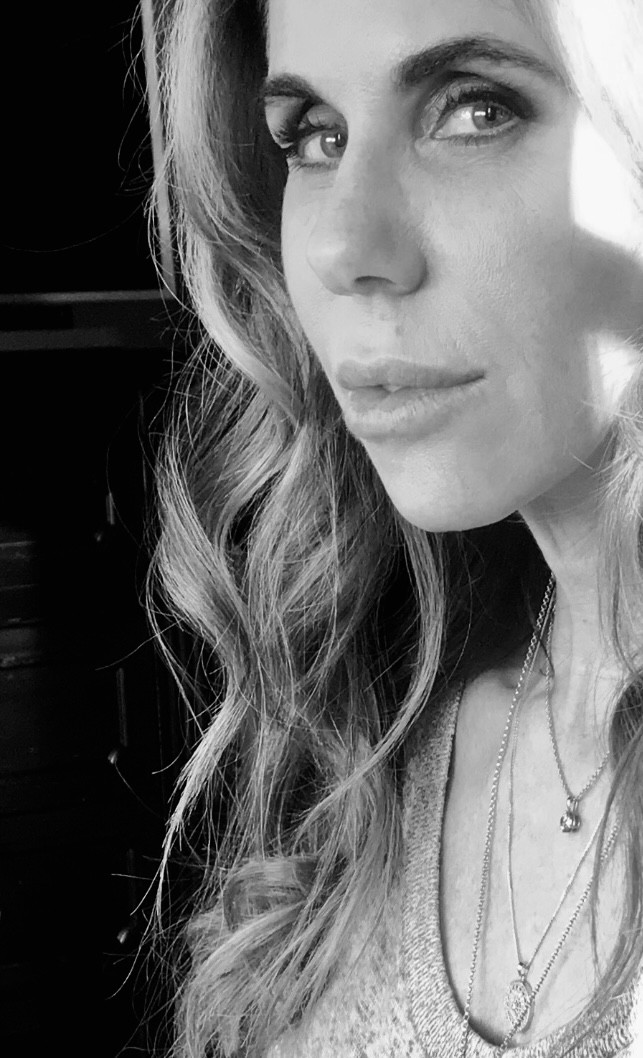We’re excited to introduce you to the always interesting and insightful Stephanie Dillon. We hope you’ll enjoy our conversation with Stephanie below.
Stephanie, looking forward to hearing all of your stories today. When did you first know you wanted to pursue a creative/artistic path professionally?
Six years ago I was diagnosed with breast cancer, they say that we have two lives and the second one begins when we realize we only have one. It occurred to me that after years of elevating other peoples creativity that I better get started on my own. I went to a second hand store and I bought used paintings and started painting over them, little did I know that a year later I would be asked to have a three month show at the Hewing Hotel thus starting my career as an artist.




Stephanie, love having you share your insights with us. Before we ask you more questions, maybe you can take a moment to introduce yourself to our readers who might have missed our earlier conversations?
Stephanie Dillon is a Twin Cities–based many-medium artist who drives reinvention as regeneration. By reviving discarded items, recycling art to bring new beauty to each piece and painting on mediums such as upcycled clothing and furniture using a variety of creative techniques, she interrogates and rejects the idea of disposability, a concept she grappled with when she was diagnosed with breast cancer in 2016. “It’s like a whole sustainability parachute fell open over my head during that time,” says Dillon, who rerouted her own direction from backing art behind the scenes to creating it — with a strong sense of purpose.
She set about examining her participation in damaging systems, and worked to figure out how to move differently: “Our lives are finite, and we need to think about what we create, how we craft our lives.” Her art challenges consumptive ideas that permeate our society. “It’s going to take all of us to save the planet,” she says. “Seventy-three percent of clothing that’s bought is sent to landfills, whereas 95 percent of it could be reused or recycled. Isn’t that staggering to you? Do you know how much we throw away?”
Dillon speaks of second life, more life, opportunities to serve other people and the planet. At the beginning of 2020, she founded apparel company Citizen-T, which involves practically zero manufacturing by sourcing clothing and other items from landfills and features the work of a number of artists in various collaborations.
She has 8 years’ board experience, vice chair of the executive board of the Sanneh Foundation in St. Paul, Minn., and is a member of Rolling Stone’s Culture Council. Her work has been featured in a wide range of magazines and can be found at StephanieDillonArt.com and Citizen-T.com.
Dillon believes old is still beautiful, what we have is enough, and that art is everywhere.
Can you tell us about a time you’ve had to pivot?
Today, great question. This is really appropriate for the moment and you know my thoughts about pivoting in life is that I didn’t know how normal it is in business to be resilient, you think when you start a company it will be a straight line from starting to success and today what I realize is that what is most important is getting up when you fall down over and over again. The thing that I loved the most about running a company was the process of the day to day work, not the promise of some huge success and I think when you find what you love it is easy to find a plan b, or c, or d, in my case.




Learning and unlearning are both critical parts of growth – can you share a story of a time when you had to unlearn a lesson?
Unlearning I would say is one of the most important character traits of emotional intelligence. I came by this wisdom 27 years ago when I gave up drugs and alcohol and became a recovering alcoholic and addict. I had always been raised to think it’s what you knew that defined how smart you were, I was raised to think the more you knew the more you were able to learn, and the more competitive edge you would have in life. Today, what I think is that I have had to unlearn a lot of ideas because they simply weren’t true but by the very process of allowing myself to admit that, admit I don’t know and be willing to learn again what I already thought I knew its aided me in being more successful. I think admitting that what you even know may be wrong is the key to becoming a better person.
Contact Info:
- Website: https://stephaniedillonart.com/
- Linkedin: https://www.linkedin.com/in/stephanie-dillon-8581919
Image Credits
Images are owned by Stephanie Dillon.


